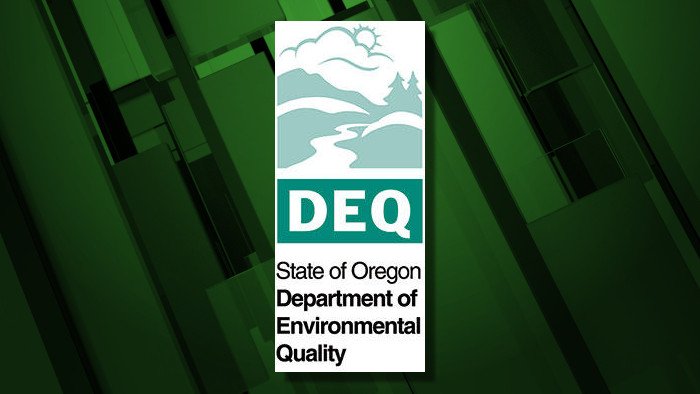Oregon DEQ marks Food Waste Prevention Week, says 1/3 of food in US is wasted

PORTLAND, Ore. (KTVZ) -- Food Waste Prevention Week is April 10-16, and the Oregon Department of Environmental Quality is encouraging all people in Oregon to take simple steps to reduce waste, save money and help the environment.
Preventing food waste is in the interests of people and businesses across Oregon and beyond, to reduce harmful greenhouse gas emissions and make the best use of food grown and manufactured for human consumption.
“By shining a light on the benefits of preventing food waste, we hope Oregon households will learn approaches they can use right now to avoid throwing away food,” says Elaine Blatt, DEQ senior policy and program analyst. “It makes sense on so many levels, whether it’s spending less at the supermarket or reducing the use of chemical fertilizers to grow food that doesn’t get eaten.”
Blatt joined Elaine Fiore, founder of the Food Conservation Alliance in Florida, to talk about Food Waste Prevention Week on the latest GreenState podcast. Blatt and Fiore co-chair the planning committee for the national event.
This year, DEQ is partnering with 42 local governments and community organizations across the state of Oregon. Among many statewide activities, Oregon Food Waste Prevention Week partners will be hosting a webinar in Spanish, and DEQ is working with Feed the Mass, a grassroots organization that supports communities throughout the Portland metro area experiencing food insecurity, to put on a community education event for food waste prevention and urban agriculture.
A third of all food in the U.S. is wasted and costs every Oregon household $1,800 per year on average. Food accounts for the second highest contribution of greenhouse gases people in Oregon generate and preventing food waste is one of the easiest ways we can help combat climate change.
While many people are already taking steps to reduce food waste, 70 percent of food that Oregon households throw out is food that could have been eaten had it not been allowed to spoil. Preventing one ton of food from being wasted offers six-to-seven times larger reductions in greenhouse gas emissions over the food’s lifecycle, on average, than keeping food waste out of landfills through composting or anaerobic digestion.
Simple actions to prevent food waste include:
• Store food that will go bad soonest in a visible part of the fridge or pantry.
• Know how and where to store food properly so it lasts longer. Go to www.dontletgoodfoodgobad.org for specific tips on different types of food.
• Keep track of what you have at home or what you need to use up before it goes bad
• Create meals from what you have on hand.
• Finish all your leftovers.
• Freeze for later use.
• Monitor the temperature in the fridge to make sure it's at the best setting to preserve your food.
• Check your fridge and pantry before you shop.
About Food Waste Prevention Week
Food Waste Prevention Week, April 10-16, 2023, is collaborative, multi-state effort to reduce household food waste. The week is filled with engaging activities to raise awareness and inspire everyone to reduce food waste at home, work and in our communities. Activities include social media bingo games and challenges, K-12 student engagement contests, invention marathons and presentations with special guests, including celebrated local chefs and elected officials. To participate in these activities, visit foodwastepreventionweek.com.